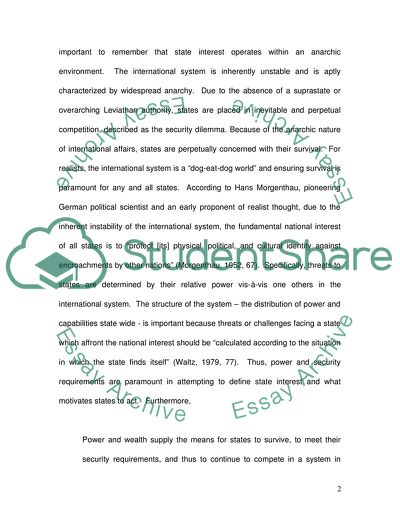Cite this document
(“International Relations Theories Essay Example | Topics and Well Written Essays - 1500 words”, n.d.)
Retrieved from https://studentshare.org/politics/1562078-international-relations-theories
Retrieved from https://studentshare.org/politics/1562078-international-relations-theories
(International Relations Theories Essay Example | Topics and Well Written Essays - 1500 Words)
https://studentshare.org/politics/1562078-international-relations-theories.
https://studentshare.org/politics/1562078-international-relations-theories.
“International Relations Theories Essay Example | Topics and Well Written Essays - 1500 Words”, n.d. https://studentshare.org/politics/1562078-international-relations-theories.


